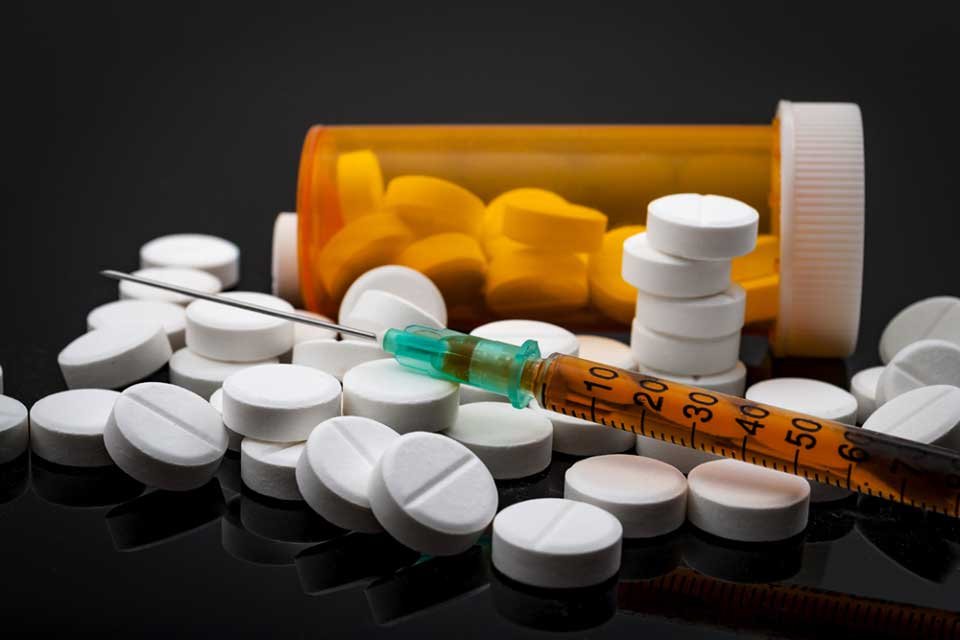When people hear the word “addiction” they picture dark alleys and shuffling people looking to “score a fix”. In other words, they don’t think of people like themselves, their friends and their family. Sadly, addiction can strike anybody and doesn’t care about social or financial standing, where you live or work or how old you are. And one of the fastest growing types of addiction is not only harder to track it can also be harder to understand and even harder to accept.
Addiction to prescription drugs is a growing problem and one that is killing roughly 46 people per day. In some areas of the country deaths related to drugs such as heroin are declining while the numbers for meth and prescription drugs are climbing at alarming rates. If you or a loved one suspect there may be a problem with addiction, it is important that you seek help from a counselor or drug treatment facility. Reaching out for help is the first step in getting away from your addiction before it destroys your entire life.
Some of the Warning Signs
Some of the warning signs of prescription drug addiction may be similar to the regular side effects you get from taking them. That alone does not mean that you might be addicted, however if you notice more than a few of these signs you may need to reevaluate your need for those medications and whether you are using them because they help a health problem or if they satisfy a different type of need. These signs can include:
- Using alcohol or other drugs
- A changed attitude about drug use and drug laws
- Mood swings especially when you are near the end of a prescription
- Excessive sleeping or excessive energy
Of course, each prescription drug affects people differently. There are other warning signs that should serve as red flags immediately:
- Doctor shopping (Going to many doctors with the same or similar complaints)
- Using the prescriptions of family members
- “Losing” pills or whole prescriptions so that they are replaced
- Stealing or forging prescriptions
- Trying to order similar medications from the internet
Once you have reached the point where you are putting your health at risk or resorting to crime to get your prescription, you can assume that you may be addicted. This is the time for professional help.
Who is at Risk for Prescription Drug Addiction?
Non-medical use of prescription drugs is typically highest in young adults ages 18-25. The risk for overdose is highest for adults ages 25-54 and the risk of serious health complications is for adults ages 60-90. More than half of the people in that age group take a minimum of 5 prescription medications which can increase the risk of interactions, mask the symptoms of other health events and may also increase the risk of addiction and drug-seeking behaviors.
The CDC’s statistics also show that the group that is at highest risk for prescription drug addiction is suburban white women, the group that is least likely to be imagined when addiction is discussed.
If You Feel You are Addicted
If you think that you may have an addiction problem, it is important to know that you are not alone. You do not need to feel ashamed or like a failure. Addiction is not just about actions but about the way that your brain processes messages that it receives. You will need to have professional help and guidance not only to break the addiction but to learn to handle the triggers and behaviors that may lead you to relapse once you are successful.
There are several ways of dealing with addiction so you will need to explore the options and find the one that will work for you. Counselors and treatment specialists that deal with prescription drug addiction will be able to guide you through the process of making this choice but remember, you never have to accept a treatment plan that you are either not ready for or that you do not feel comfortable with. It is important that you feel your voice is being heard because your treatment will not work if you are not an active participant in all aspects of it. Finally, remember that breaking an addiction is difficult and will require a lifetime of work on your part. You may relapse. You should be prepared for that and have a plan in place in case it happens. Relapses are not failures, just a change in the direction you need to go.



